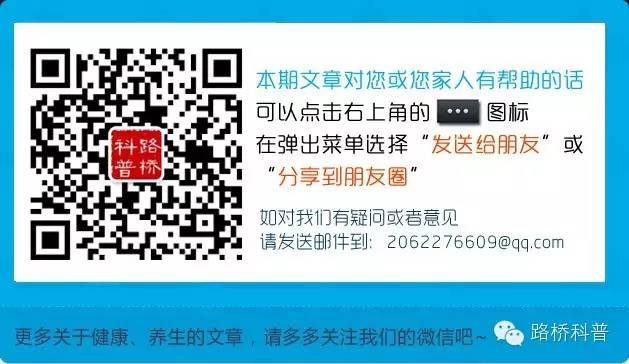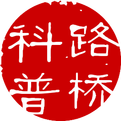The Five Elements (Wu Xing) are interrelated through a generative cycle, where “generating” (sheng) implies nurturing, supporting, and promoting growth. The order of generation is: Wood generates Fire, Fire generates Earth, Earth generates Metal, Metal generates Water, and Water generates Wood, creating a continuous cycle. Therefore, each element possesses the ability to “generate me”.
The relationship of “generating me” involves two parties: the generator is the “mother” and the generated is the “child”. Thus, the generative relationship among the Five Elements is also referred to as the “mother-child relationship”. For example, in the case of Fire, the generator is Wood, making Wood the mother of Fire; the generated is Earth, making Earth the supporter of Fire. This can be extrapolated to other elements.
The overcoming relationship among the Five Elements indicates “overcoming” (ke), which implies control, restriction, and overcoming. The order of overcoming is: Wood overcomes Earth, Earth overcomes Water, Water overcomes Fire, Fire overcomes Metal, and Metal overcomes Wood. Each element has both “overcoming me” and “I overcome” aspects. The one that overcomes me is something I cannot defeat, while the one I overcome is something I can defeat. Therefore, in the Huangdi Neijing (Inner Canon of Huangdi), the overcoming relationship is also referred to as the relationship of “the one that is overcome” and “the one that cannot be overcome”. For instance, in the case of Fire, the one that overcomes me is Water, and the one I overcome is Metal; thus, Metal is the “overcoming” of Fire, while Water is the “not overcome” by Fire. This can also be extrapolated.
In Traditional Chinese Medicine (TCM), the principles of generation and overcoming are used to explain the mutual nurturing and restraining relationships among the internal organs of the human body, maintaining a balance in physiological activities. Generation and overcoming are two inseparable aspects of things; without generation, there would be no occurrence of things, and without overcoming, there would be excessive growth, disrupting balance. Therefore, within generation, there must be overcoming, and within overcoming, there must be generation, to maintain and promote relative coordination, balance, and change. Zhang Jingyue stated: “The mechanism of creation cannot be without generation, nor can it be without restraint; without generation, there is no way for development, and without restraint, there is excess that causes harm.” It is essential to have restraint within generation and generation within restraint for them to complement each other and continue to move forward. This clearly illustrates the principles of generation and overcoming in the Five Elements.
From this reciprocal relationship of generation and overcoming, it can also be seen that the coordination and balance among the Five Elements are relative. The process of generation and overcoming is the process of growth and decline of things. Decline and growth are relative and must be achieved through the regulation of generation and overcoming to realize relative coordination and balance. This relative balance in cyclical movement continuously drives the normal changes and development of things.
Overcoming: “Overcoming” (cheng) refers to excessive restraint (i.e., excessive overcoming). For example, if Wood energy is excessively strong, and Metal cannot normally restrain Wood, the excessive Wood will overly overcome Earth, leading to a deficiency in Earth, which is termed “Wood overcomes Earth”.
Insult: “Insult” (wu) refers to the strong bullying the weak, implying oppression (i.e., reverse overcoming), also known as “reverse insult”. For example, the normal overcoming relationship is Metal overcoming Wood; if Metal energy is insufficient or Wood energy is excessively strong, then Wood will reverse and insult Metal. Overcoming and insulting are abnormal phenomena in the development and change of things, exceeding the normal level of restraint. Any element in the Five Elements that becomes excessive or insufficient can disrupt the balance of generation and overcoming, violating the normal laws of transformation, leading to harmful phenomena of overcoming and insulting. In TCM, the principles of overcoming and insulting are used to explain the pathological changes and transformation patterns of the internal organs of the human body.
Note: The text and images used in this article are sourced from the internet. If there are any infringements, please contact customer service. 

